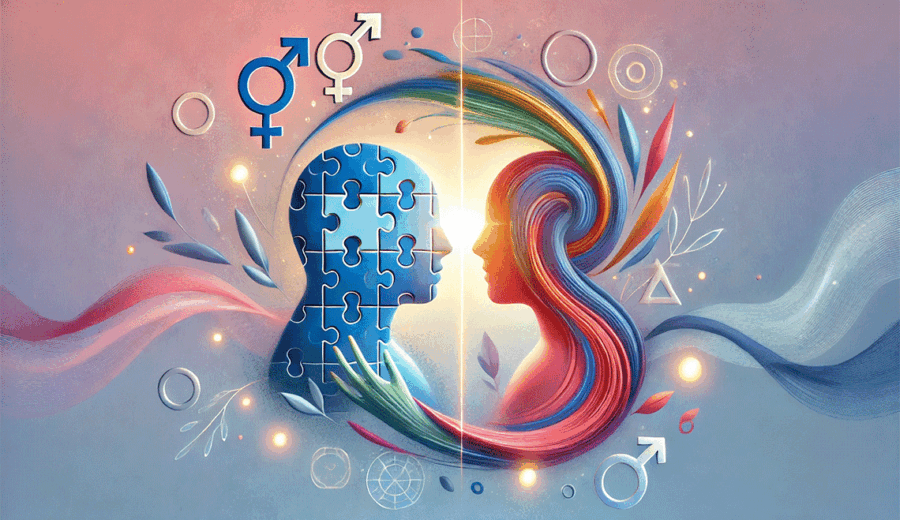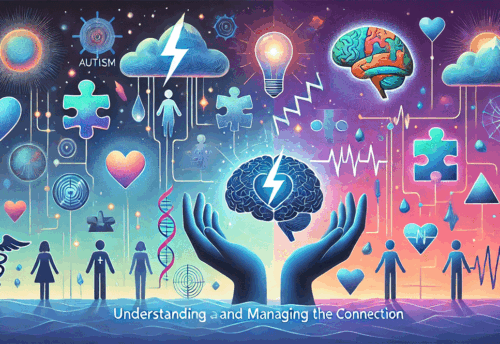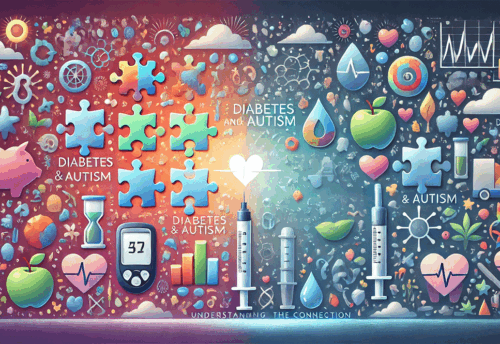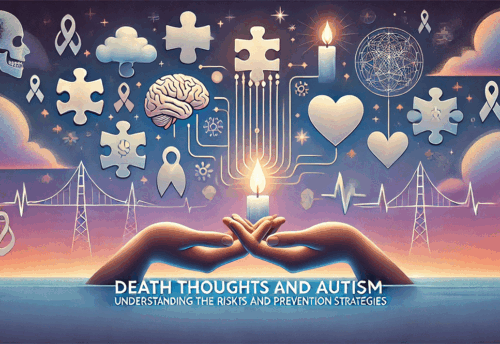
Sexuality and Autism
Sexuality and Autism: Understanding and Supporting Diverse Experiences
Sexuality is a natural and integral part of human identity, and individuals with autism are no exception. Like anyone else, autistic individuals experience a wide range of feelings, attractions, and identities. However, their experiences can be uniquely shaped by the interplay between their neurodiversity and societal perceptions. Understanding this intersection is essential for fostering acceptance, inclusivity, and support.
Autism and Sexual Development
Sexual development for autistic individuals often follows the same biological timeline as their neurotypical peers, but their experiences may differ in terms of social understanding, communication, and sensory processing. Challenges in interpreting social cues or expressing feelings can impact relationships and self-discovery. This does not diminish their capacity for meaningful connections but highlights the need for tailored education and support.
Diverse Sexual Identities
Research suggests that autistic individuals are more likely to identify as LGBTQIA+ than the general population. They may also embrace fluid or non-conventional sexual identities. Some reasons include:
- Rejection of Social Norms: Autistic individuals often approach life with honesty and authenticity, free from societal expectations.
- Focus on Personal Comfort: They prioritize relationships and identities that align with their true selves rather than conforming to external pressures.
- Questioning Binary Norms: A literal and logical understanding of the world might lead them to question rigid categories of gender and sexuality.
Challenges and Misconceptions
Autistic individuals face unique hurdles related to sexuality, including:
- Misunderstandings About Consent: Difficulty reading non-verbal cues or expressing boundaries can lead to vulnerabilities.
- Stereotyping: Society often desexualizes autistic individuals or assumes they lack interest in intimacy, which can result in exclusion or stigma.
- Access to Information: Many sexual education programs fail to address the specific needs of autistic individuals, leaving gaps in knowledge.
Supporting Sexuality in Autistic Individuals
- Comprehensive Sex Education:
- Provide clear, direct explanations of consent, relationships, and safe practices.
- Use visual aids, social stories, or role-playing to teach concepts.
- Inclusive Spaces:
- Foster environments where individuals feel safe to explore and express their identities.
- Support groups can offer peer understanding and acceptance.
- Parental and Caregiver Guidance:
- Educate caregivers to have open, non-judgmental conversations about sexuality.
- Address myths and encourage positive attitudes.
- Professional Support:
- Therapists and counselors trained in autism can provide tailored advice.
- Address sensory sensitivities that might impact intimacy or relationships.
Advocacy for Change
To build a more inclusive world, society must:
- Challenge stereotypes that dehumanize autistic individuals as incapable of intimacy or relationships.
- Promote media representation of autistic characters exploring diverse sexual identities.
- Ensure sexual health resources are accessible and autism-friendly.





Leave a Reply